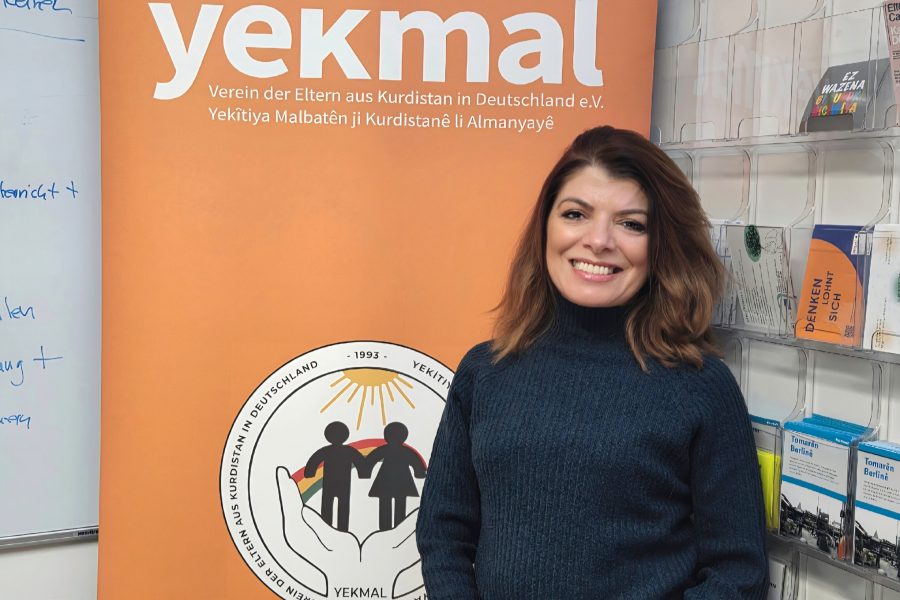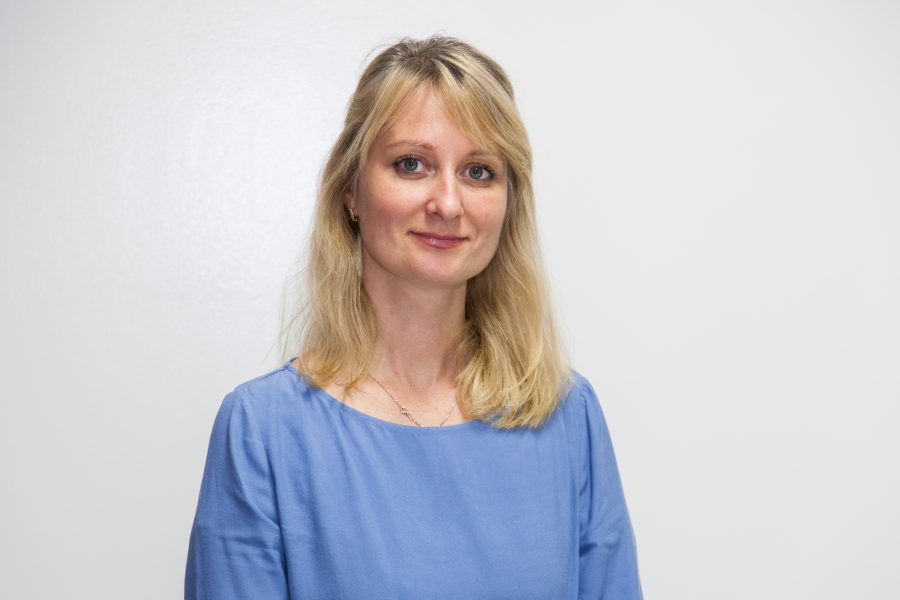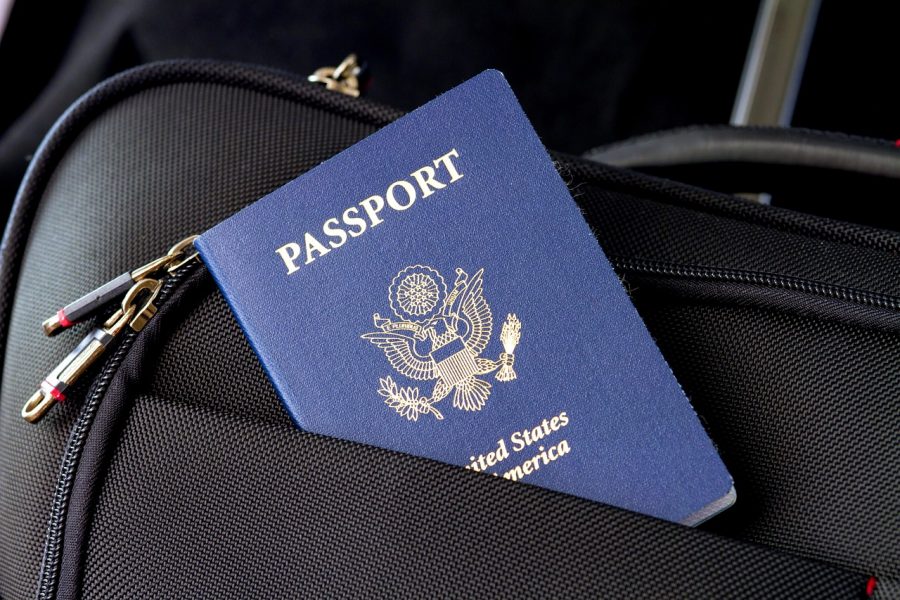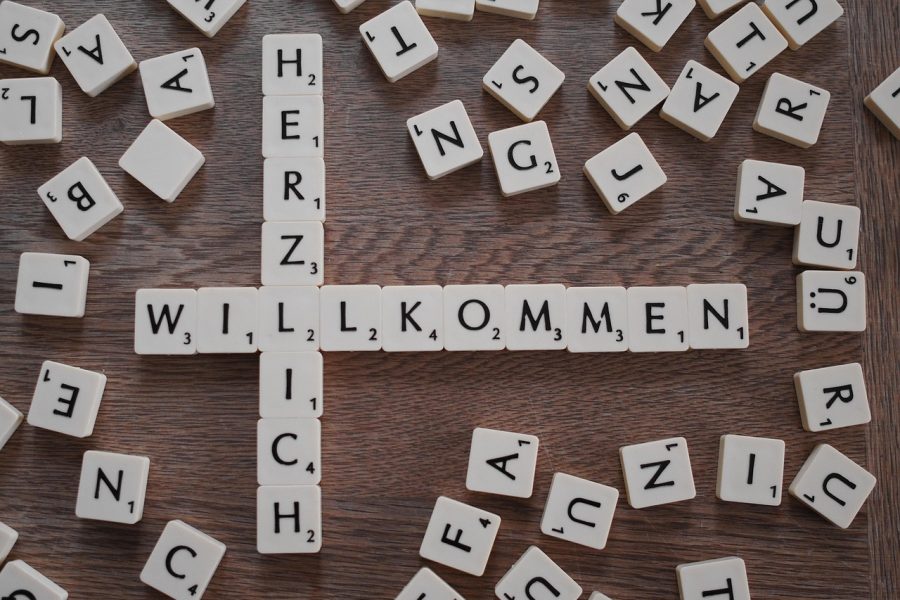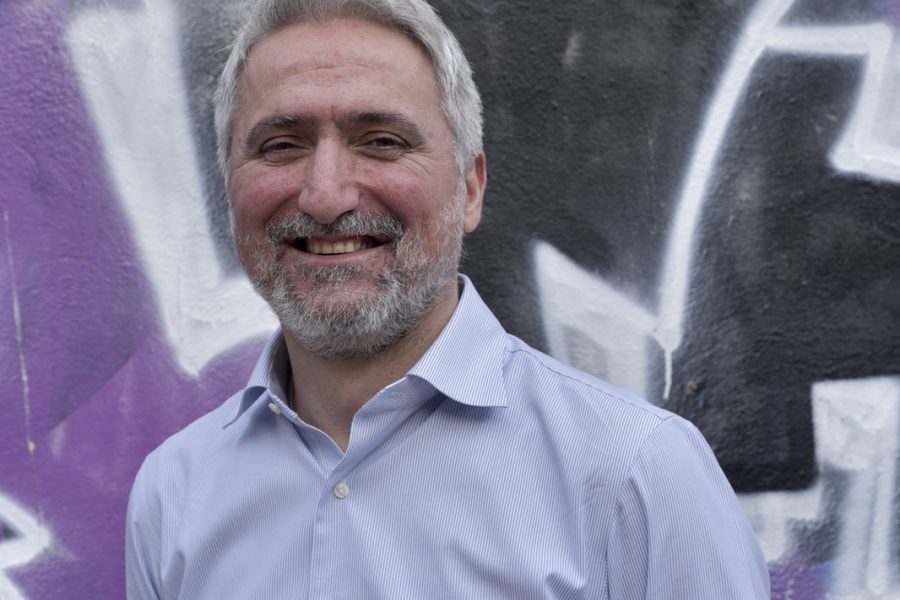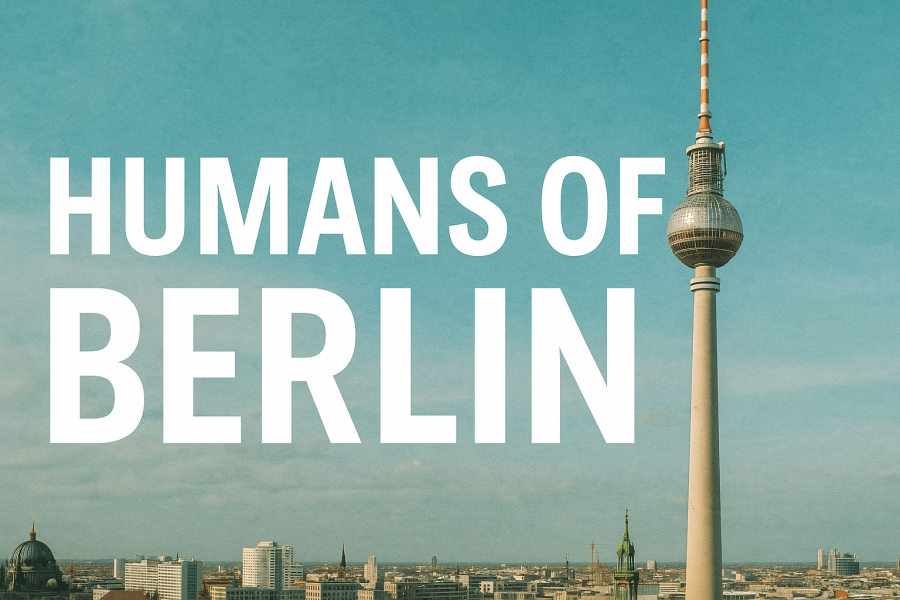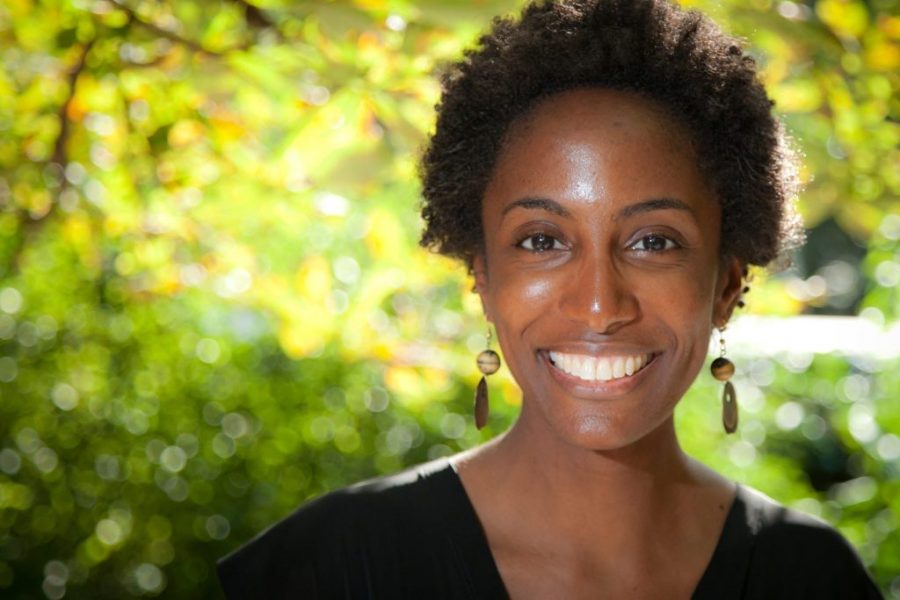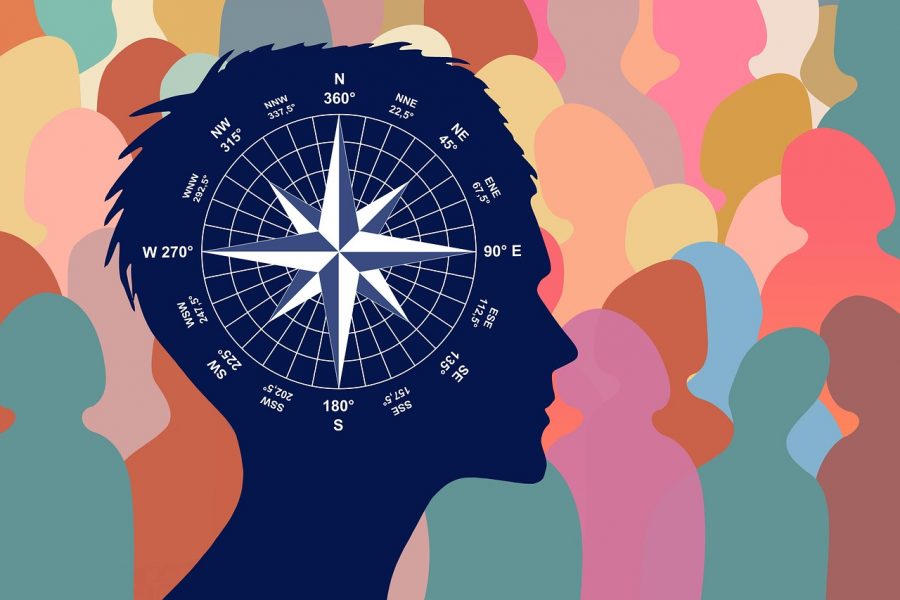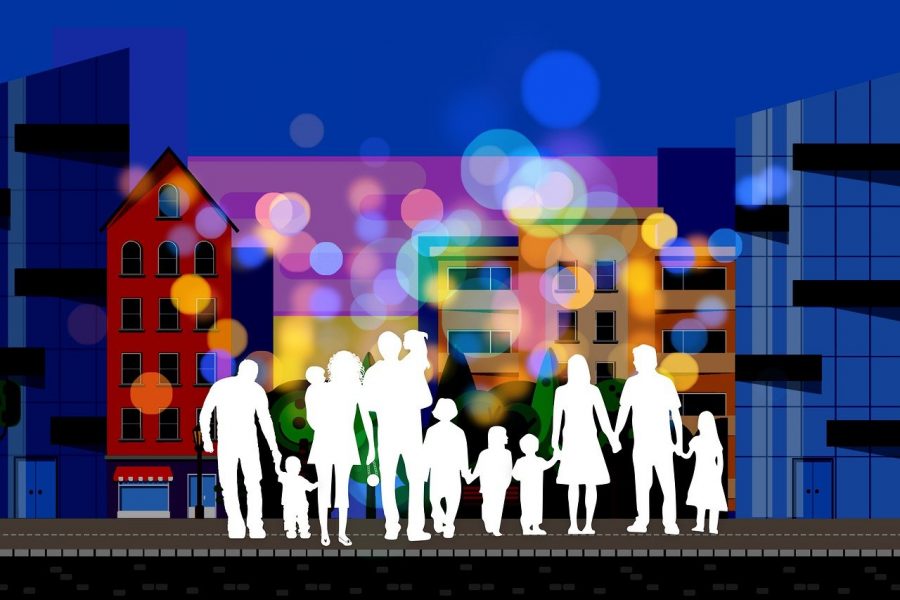(Disclaimer: these are just some observations and tips from yours truly. This is neither legal advise nor does it represent the views of Wahlheymat e. V. Your mileage may vary.)
One of the aims of Wahlheymat is to provide resources for folks that are trying to come to terms with their new lives in Berlin in specific, and Germany as a whole. This on-going series provides some quick advice. Estimated reading time for this article is 7 minutes. And today’s thrilling subject is:

The good ol’ GEZ
When I first arrived in Berlin in 2012, I got my first apartment — a terrible furnished sublet in Mitte — and then figured out the registration process and got registered at the Rotes Rathaus. I had made friends with some folks that owned and operated a bar; they helped me look over the lease before I signed it, and I they must have explained that I needed to register. It’s been a long time, and I forget all the nitty-gritty, details. Time passed, and eventually I found my first job in Berlin which allowed me to get a blue card. Everything seemed to be going my way. And then, somewhere into 2013, I came home one afternoon and found a letter waiting in the mail box: “you owe us back money from October 2012; pay up, and how would you like to pay going forward.” What is this?! Who are these people? So, I took the letter into my office, hoping to get an explanation. I walked up to one of my co-workers, handed him the letter, and asked, “what is this, Mark?”
Mark took one look at the letter, held it up high, and shouted to everyone in the giant open office space, “hey everybody! Come look! Walter got his GEZ letter!” A sound of laughter rose from the crowd.
GEZ stands for one of those glorious German words: Gebühreneinzugeszentrale — if you’d like to hear how this is pronounced, go here — and it’s actually not the name of this thing anymore, but people still call it the GEZ; since 2013 this is officially known as ARD ZDF Deutschlandradio Beitragsservice. If you come from another country in Europe, you may have something like this, or had something like this, in your home country. In the 21st Century, a bunch of EU countries have gotten rid of it, but you’ve probably encountered it before. If you’re from the US, this is totally new. Basically, it’s a fee that you HAVE to pay for TV and radio; in Germany this fee is attached to a household and it doesn’t matter if you own a TV or a radio, you still have to pay. It starts with the registration — Anmeldung — which flags you and starts running the meter. Occasionally, they go through the list to find out who’s not paying. If you’re a dead beat, you WILL eventually get one of these letters. They will find you. Now, there ARE exceptions that you can apply for, like if you’re a student, you’re unemployed, or living on social assistance; but your reason better be good. Everyone pays.
So what’s the deal with this? Where did this come from? After that time when Germany was having all those troubles, people got to thinking about media and propaganda. They recognized that media was very powerful, shaping the national discourse, and they decided they didn’t want it in private hands. So, the decision was made to make TV and radio a publicly funded, neutral affair. Americas tend to bitch endlessly about taxes, and this kind of idea would never fly in the US. In fact, the GOP is trying to gut NPR and CBS as I write this article because they absolutely hate public funding for anything. But, I’m old and I lived through the late 70s, through the 80s and saw what the world looked like before the massive media empires we have now. And I’m here to tell you a thing or two. I far prefer this system of public funding to the media Hellscape in the States.
You see, kids, back in the day in the US, the news really tried to be as neutral as it could. In the 60s, a Goldwater voting conservative could sit down with a counter-culture peacenik and watch the same news broadcast without killing each other. It really reminds me of Tagesschau, actually; or maybe I should say Tagesschau reminds me of those old days with very dry news anchors delivering the news of the day, very dryly. Yes, the media was still biased, and yes, you could only express simple, already accepted ideas in sound bites. Herman and Chomsky lay out all the tricks in “Manufacturing Consent”; but there was one thing that the media of that time wasn’t trying to do: scare the crap out of you, or fire up your anger. It was too busy trying to appeal to everyone. And that was the change that happened in the 90s. Fox was the first, but these private companies started to realize that there were heaps of money to be made in appealing to a single demographic. And, since private companies are driven by heaps of money, that’s exactly what they did. Now we have team red with Fox and team blue with MSNBC: just rage and fear machines playing to their base and raking it in with ad revenue. It’s so frustrating to see.
The GEZ is how you stop this from happening. There ARE private media companies in Germany but the public ones are so well funded and they’re actually really good that Fox Germany might have a hard time here. The ARD Mediathek, ZDF, Arte, the RBB radio stations — Radio Eins, RBB Info — put out amazing, well though-out, stuff. There are so many movies and TV shows and podcasts and radio programs worth your time, it’s crazy! And, since profit is not really their motive, this all tends to stay neutral. You tend to walk away feeling like you learned something. Sure, it can be scary because the world got pretty scary in the last 2 decades; but you’re not going to be choking on rage. So, check it out! You should really see what you’re getting for your money.
Since moving to Germany, I’ve seen it happen a few times; you can get slapped with some huge expense out of nowhere. The GEZ, if you’re not on top of it, can be one of them. It takes them a while to figure out you’re not paying; and, by the time you get your letter, you could owe them over a hundred euros and they want you to pay in 30 days. If you really can’t pay immediately, you always have the option to announce that you will pay in installments. A lawyer can help you with this; if you’re the member of a Mieterschutzbund, you can get 10 minutes of a lawyers time for free, and they will write the letter for you for an additional 10€. Let’s say you registered in Berlin and then 7 months later you get your GEZ letter: 7 months x 18,36€ per month is 133€ rounded up. According to the search query I just did, you might get the letter in 2 to 8 weeks; but I’m pretty sure it took them over year to find me. Maybe it’s gotten faster? 2013 WAS a transition period when they went from device to household based. Anyway, you should try to register before hand and all you have to do is give them a bank account they can draw from, telling them if you want to pay monthly or quarterly. You can sign up online here, or you can mail in a form. There is help in English and other languages explaining the process, but the sign up is in German. So, if you’re not great at German, you’ll need someone to help you out.
And on the topic of training up your German, that will be our next subject. I’ll give you some tips and tricks for getting better at the ol’ Deutsch. Until then, happy Berlinering!

